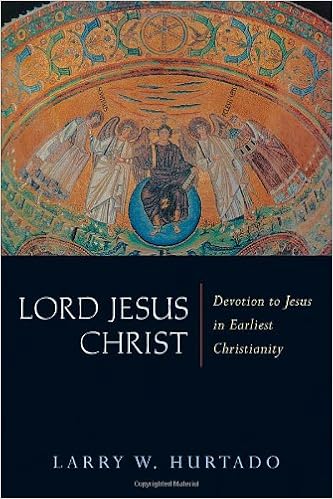The title of this blog if the last three and a half years has been a good summary of its purpose: faith and scripture.
It is the connection between these two that make each of them so interesting and sustainable as a conduit for the faith community to frame their action and thought.
However, over this period I have traversed a number of physical and psychological changes that have taken me out of the mainstream church action and into a different kind of theological reflection. I only think it is fair to be honest with blog readers on an important shift I can sense occurring within me and despite my efforts to the contrary: these biblical texts that I find so fascinating I no longer approach from the faith perspective primarily. When I read them, I am asking historical questions first and foremost. It just seems to be how my brain has reprogrammed itself to process these texts for various reasons. Let's guess at why:
As I already mentioned, the first of these is probably human suffering. My issue is not the classic one of the existence of suffering, I think that would be far too tedious and unreliable a fallback strategy. But rather it is the way in which Christian scripture itself is interpreted on the painful area of suffering that is creating distance between me and God. It is supposed to be short-lived, God is supposed to alleviate it or be felt closer somehow through it and have a greater purpose at work through it, like maybe my sanctification or something. So I have gotten tired of placing my confidence in inspiring texts like Isaiah 58:8
Then your light will break forth like the dawn, and your healing will quickly appear; then your righteousness will go before you, and the glory of the LORD will be your rear guard.
Or James 1:2-3
My brothers and sisters, consider it nothing but joy when you fall into all sorts of trials, because you know that the testing of your faith produces endurance.
Or Romans 5:3-4
... we also glory in our sufferings, because we know that suffering produces perseverance; perseverance, character; and character, hope.
"No," life experience is saying to me, "not necessarily."
Secondly, I think I got tired a while back as I exposed time after time how impartial apologetic exegesis of texts put a strain on a more reasonable and defensible Christianity. Over time this insatiable drive for truth and intolerance of undisclosed bias I think had a negative impact on my faith experience.
Thirdly, in addition to the experiential deficit, I don't know how to trust the Scriptures as an accessible window to the heart of God, on controversial areas of ethics (contradictions between contexts) and conflicting details between multiple accounts of the same historical event (internal contradictions). Here my defense mechanism is the same as ever: stop worrying too much about what I think about this, and try to unpack how this event was understood and integrated into the early faith community experience of God. On this point I will soon be asking blog readers in particular to honestly engage with this thought process as you, with me, try to understand the New Testament villain of Judas Iscariot according to its contrasting accounts.
A fourth factor takes us back a couple of years - I guess I am going in reverse order - a realisation that I was in a small minority of persons who rejected (and continue to reject) a modalistic view of Christ in which the centre was basically Christ, with the Holy Spirit and the Father really just emanations of Him. By rejecting a first century triune God, I found this new model that seemed to have dumped itself on my lap (the "Triune Hub" Jewish mutation) placed me in an even tinier minority, one so small that I was no longer in close relationship with anyone else who shared this perspective or these concerns.
So how do I go on? I continue to be highly motivated to dig around the texts (and their translations) historically, seek to bless the faith community with the greatest degree of honesty I am capable of offering, and continue to experience a degree of hope and gratitude in the church tradition that I am glad to be a part of. It is interesting to me that although personal faith has taken a real knock, I still pray, sometimes even spontaneously worship. If someone wanted to pray with me, I'd love that, especially if it brings the deep level connection prayer can give and not intercessory. Praying for healing is trickier and my disillusionments and alienation are readily awakened. I may take the time to reflect on the blog soon about this sensitive issue.
Back soon!
John

